The Westerman Jilya Institute for Indigenous Mental Health Aboriginal Corporation is an Aboriginal Community Controlled not for profit organisation, registered under the Corporations (Aboriginal and Torres Strait Islander) Act 2006, and incorporated as a charity with the Australian Charity and not-for-profits Commission (ACNC).
Jilya was created in response to the 13 deaths of Aboriginal children in the Kimberley, the subject of the 2019 Fogliani Coronial Inquiry. These deaths, and the continuing deaths of Aboriginal people by suicide, compelled Dr Westerman to act and do something to support improved access to mental health services that were both clinically and culturally appropriate, and which could provide measurable outcomes for high risk communities.
The Dr Tracy Westerman Indigenous Psychology Scholarship Program was launched first as a direct result of hearing the voices of decades of bereaved Indigenous parents and communities who were crying out for help not being able to access it.
The Scholarship Program has continued to grow, naming 15 national recipients at our launch in September 2020 and a further 11 just twelve months later! Jilya is supporting TWENTY SIX future Indigenous psychologists in just over 12 months! Read about them here
Jilya has big aims, and we don’t apologise for them, nor do we believe they are unattainable.
The Jilya Institute is focused on four streams. Click the arrows or swipe below to read more about them
Statement of Need:
Tragically, Aboriginal Australians continue to be over-represented across every indicator of social disadvantage and inequity measures, including:
- Indigenous Suicide: The likelihood that Aboriginal people will die by suicide is six times greater compared to non-Aboriginal people. Aboriginal children are tragically the highest risk group:
- 75% of child suicides between 2007 and 2011 were Aboriginal children.
• 80% of all youth suicides in 2004 to 2012 were Aboriginal youth, in 1991 this was 10%.
• The Kimberley region has one of the highest suicide rates in the world at 70 per 100,000 (overall national rate in Australia is 11, Guyana in South America is 41).
- Indigenous Mental Health: The absence of robust Indigenous mental health prevalence data is an unacceptable gap and impacts directly on our capacity to undertake early intervention; to track program success and impacts and to present a workforce case. Jilya will address this via our successful Lotterywest grant which will develop a national data set for the first time!
- Child protection: Aboriginal children are vastly over-represented in the child protection system, comprising just 5% of the population but representing 56% of those in out of home care in Western Australia.
- Educational outcomes: There is a national gap of around 15% in the attainment of Year 12 qualifications between Aboriginal and non-Aboriginal students. The completion of Year 12 increasing employment opportunities by 40% and the established link between increased employment and lower rates of mental ill health.
- Incarceration rates: Indigenous Australians represent 27% of those incarcerated in Australian prisons. This has doubled since the Royal Commission into Aboriginal Deaths in Custody (RCIADIC) in 1990 in which the rates of Aboriginal people in prisons was at 14% nationally.
